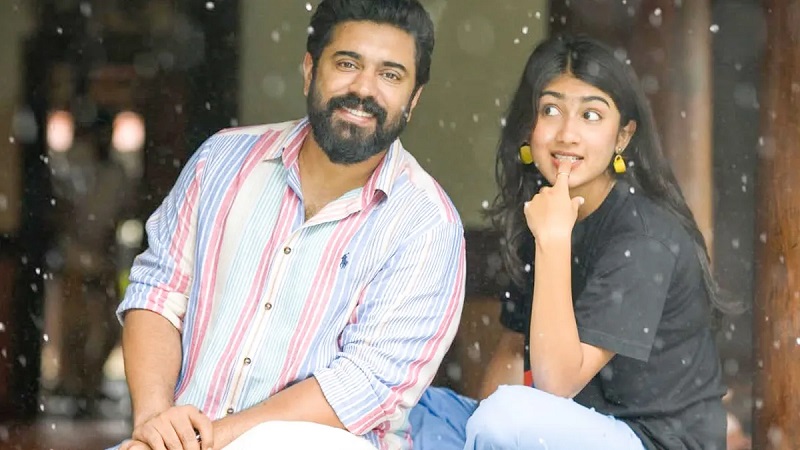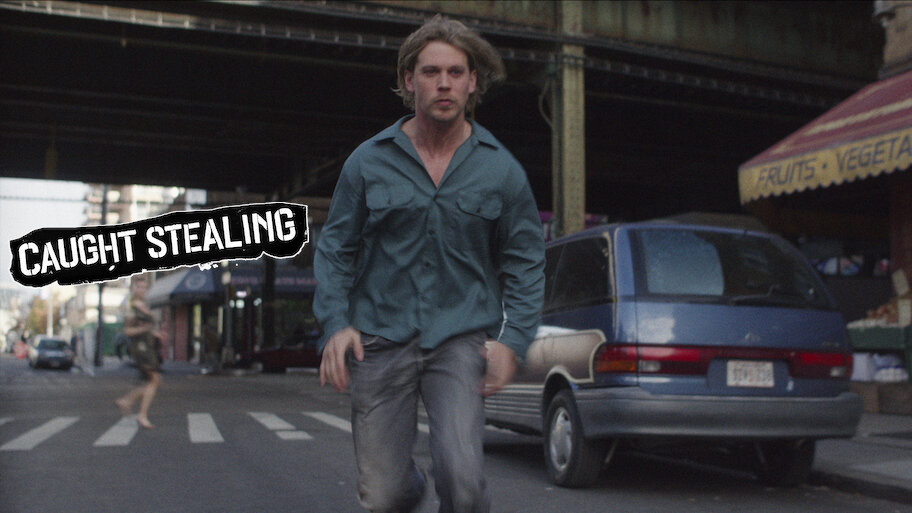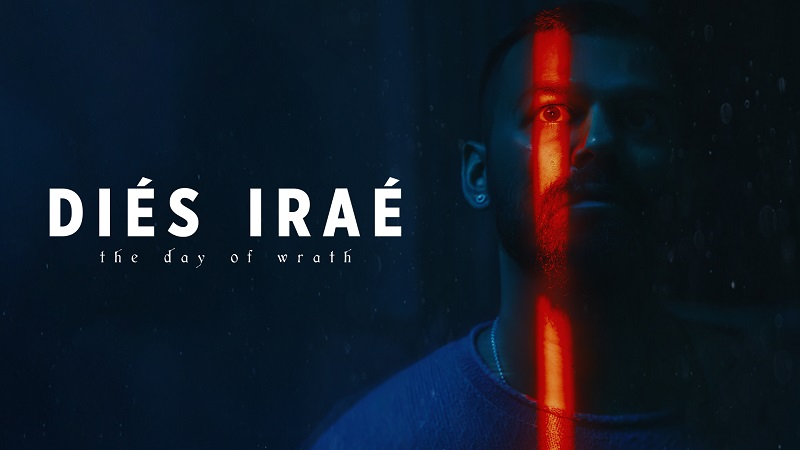I was going through some history books, particularly on tribal culture, when one of my friends suggested exploring a few movies and one of those was “Once Were Warriors”. With no such basic knowledge of the context of this 1994-released New Zealand production, when I finally got to watch this recently on DVD, I was amazed at the existence of Maori people and their culture.
Even though the movie is not anything about their history and culture, it somehow gives you some kind of sense of the conflicting status of the community living alongside Modern and developed New Zealand. I may be wrong in diving deep into the lifestyle of this ethnic group, knowing the fact that I know little about their socio-political lives.
Hence, sticking myself to the storyline of the film, Once Were Warriors introduces you to a Maori family and their constant struggle in their attempt to lead a happy life amid domestic violence, poverty, and many more complex socio-economic problems. The movie talks about a Maori family headed by Jake, who lives with his wife Beth, and five children.
At one moment you see Jake as a loving husband and father, the other moment he turns brutal by causing bruises to Beth. While the kids in the house have learned to live under the same roof by not coming in the way of their parents, their family seems to drift apart after Jake loses another job and tends to spend more and more time with his drunken-unemployed friends.
Amid such a frenzied atmosphere at home, their oldest son Nig joins a gang to transfer his inner rage while the youngest son Boogie is transferred to foster care after repeated minor criminal offenses. The only solace in their home is probably the 13-year-old Grace who loves storytelling, a distinct Maori talent. She never understands why her mother has to go through so much pain to stick to a relationship that nowhere seems good for anyone.
The movie has a lot more powerful scenes including the one when they rent a car for a family picnic where they share some lovely moments, but those are only short-lived as Jake decides to stop for a drink. In another scene, Grace is abused by one of Jake’s friends which follows a tragic incident, and how the family eventually drifts apart. There are several such tiny yet key elements that are integral parts of the film’s narrative that give you glimpses of Maori life in present-day New Zealand.
Director Lee Tamahori’s depiction of a modern Maori family and their everyday struggle to lead a happy family is honest and believable. Although I have not read the best-selling Alan Duff novel on which Once Were Warriors is based on, I can certainly say that the book must be worth a read. Nevertheless, the film version is an excellent one with such clever storytelling laced with authoritative performances that actually take you through those tragic moments of the family.




